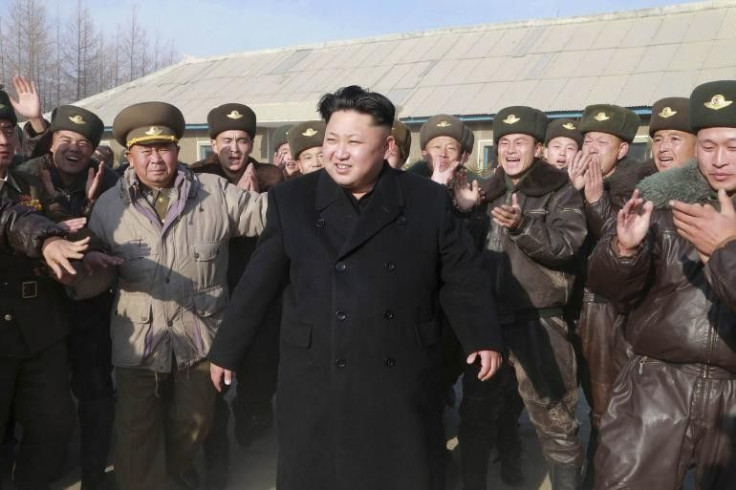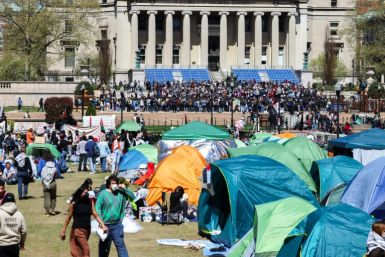Kim Jong-un: North Korea Open to ‘High-Level Summit’ With South Korea

Kim Jong-un is willing to mend relationship with South Korea. In a rare televised address, the North Korean supreme leader said he was willing to resume talks between the two countries, which have been separated for over 60 years.
Kim gave his New Year’s message during state television broadcast on KCNA. The address was also broadcast by South Korean networks. He said that if the South Koreans are willing to meet their conditions, the North would be willing to hold a summit with South Korean President Park Geun-hye.
“If the atmosphere and environment are there, there is no reason not to hold a high-level summit,” Kim said, adding that if South Korea wants to improve their bilateral ties, they can resume talks. “We will make every effort to advanced dialogue and cooperation.”
A direct dialogue with Park is also a possibility, the North Korean despot said. He also emphasised the need for the two Korean nations to improve their relations with each other.
However, Kim also criticised the South’s joint military defence drills with the U.S. “There is no need to say it twice that in a tense mood that such war-preparatory exercises, trust-dialogue can’t be possible, and North-South relations can’t move forward,” Kim said.
The South recently urged the North to resume discussion of pending issues, including the reunion of families in the North and South separated by the Korean War in the early ‘50s, as soon as possible. “We hope North Korea responds to our dialogue offer if it has a genuine will to improve inter-Korean relations,” the Ministry of Unification said in a news release.
North Korea suffered Internet outage in late December following the U.S. warning to retaliate against the reclusive nation for its alleged cyber-attack against Sony Pictures Entertainment. North Korea denied hacking the film studio, but called the move a “righteous deed.”






